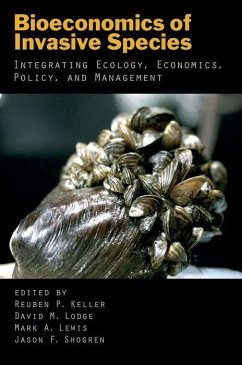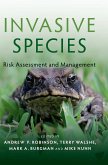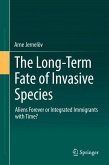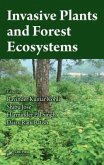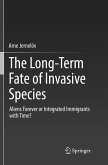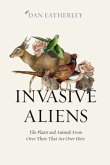Biological invasions are one of the strongest drivers of global environmental change, and invasive species are now often in the public discourse. At the same time, economists have begun to take a real interest in determining how invasive species interact with economic systems, and how invaders should be controlled to optimize societal wealth. Although the work from ecologists and economists have both greatly expanded our understanding of the drivers and impacts of invasions, little
integration between the fields has occurred that would allow managers and policy-makers to identify the optical expenditures on, for example, prevention and control of invasive species. Because the level of effort expended on invasive species management is intricately linked to the costs and
projected benefits of that management, there is an urgent need for greater synthesis between ecology and economics.
This book brings ecology and economics together in new ways to address how we deal with the dynamics and impacts of invasive species, and is the outcome fo many years of collaborative research between a small group of economists and ecologists. The outcome is clear demonstration of the utility of combining ecological and economic models for addressing critical questions in the management of invasive species.
Hinweis: Dieser Artikel kann nur an eine deutsche Lieferadresse ausgeliefert werden.
integration between the fields has occurred that would allow managers and policy-makers to identify the optical expenditures on, for example, prevention and control of invasive species. Because the level of effort expended on invasive species management is intricately linked to the costs and
projected benefits of that management, there is an urgent need for greater synthesis between ecology and economics.
This book brings ecology and economics together in new ways to address how we deal with the dynamics and impacts of invasive species, and is the outcome fo many years of collaborative research between a small group of economists and ecologists. The outcome is clear demonstration of the utility of combining ecological and economic models for addressing critical questions in the management of invasive species.
Hinweis: Dieser Artikel kann nur an eine deutsche Lieferadresse ausgeliefert werden.

